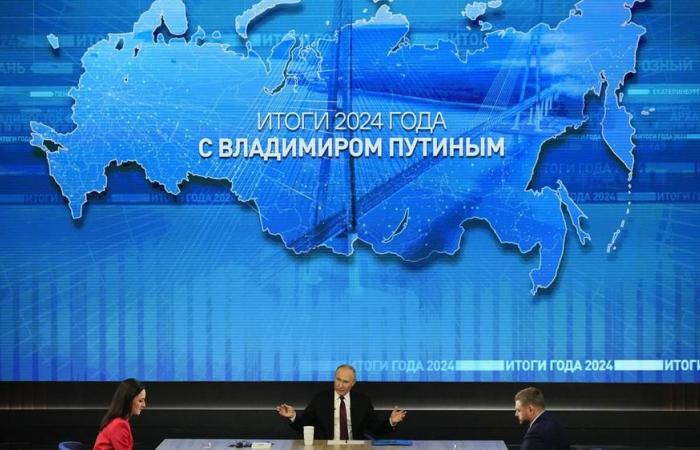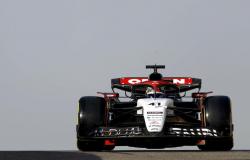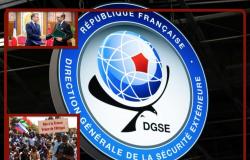Vladimir Putin’s traditional end-of-year conference is the symbolic appointment in which the Russian leader takes a 360-degree summary of the twelve months that have just passed, inside and outside the country. It is naturally a propaganda show, but it also contains important elements that help to decipher the state and objectives of the regime, as well as national and international perspectives, which must however be placed in the real context. This time too, as happened in the more recent past, since the beginning of the large-scale invasion of Ukraine, the emphasis was placed on the one hand above all on the issues of the conflict, defined as existential with the entire West, and on the more on the internal economic ones, linked together due to the sanctions of the USA, EU and G7.
In summary, the Kremlin sent two messages, valid for the public inside and outside Russia, which underlined the stability and resilience of the country and the will to continue the war until victory. Measured in the current framework, net of half-truths or half-lies, Putin’s visions correspond more to reality than we often want to acknowledge in the West: this is always the big problem of the distorted narrative between Europe and the United States , where we look at Russia not for what it is, but for how we would like it to be.
The Russian president appeared essentially confident in success in Ukraine and stated that the situation is changing radically, with the advance along the entire front line and the prospect of pushing Kiev’s troops back across the border still in the Russian Kursk region. Above all, he confirmed the desire to achieve the objectives, hypothesizing the further use of the new Oreshnik medium-range missiles. According to Putin, they could also be launched against military facilities of states that allowed Ukraine to use the weapons supplied by them against targets on Russian territory. These are not new threats, but the reiteration serves to attempt to increase deterrence, in light of what is happening on the ground.
Compared to last year, especially after the start of the Ukrainian incursion towards Kursk in August, Moscow’s forces have significantly gained ground and put the Ukrainian defenses in Donbass in difficulty, where the situation for Kiev has become extremely complicated. Russia responded to the use of Western ATACMS and SCALP-Storm Shadow missiles with the Oreshnik which hit Dnipro in November, marking the entry into play of a new weapon, which will certainly not be a game changer, but has on the table a weight card. Those in the hands of Ukrainian President Volodymr Zelensky are fewer and fewer and the statement that Donbass and Crimea cannot be militarily reconquered is an admission of impotence which confirms that Putin holds the upper hand.
The Kremlin highlighted how the economic balance is satisfactory overall, especially when compared to industrialized countries and despite the sanctions imposed by the West. Putin spoke of gross domestic product growth of 3.9% in 2024, perhaps even 4%, and if it is true that he was broad-sleeved and it remains to be seen in particular how Russia will move in the next two years, it is equally true that, for example, Germany is in recession and most European states have much lower growth. If critics then observe how the war economy is driving growth by hypothesizing the next collapse, the more cautious ones instead indicate that the real challenge will be that of the transition after the conflict.
The Russian president admitted in any case that there are problems in controlling inflation, around 9%, and interest rates that have risen to 21% are putting the country’s economy in some difficulty. In short, the awareness that it’s not all sunshine and roses is public, even if everything will be sorted out for Putin. According to the latest poll by the Levada Center, an independent institute also classified as a “foreign agent” and certainly not Putinian, two thirds of Russians believe that things in the country are going in the right direction and trust in the president remains at a record level, to 87% in December. The political, economic and social system in Russia therefore appears ultimately stable, without the risk of sudden institutional earthquakes, economic collapses or social revolts.






